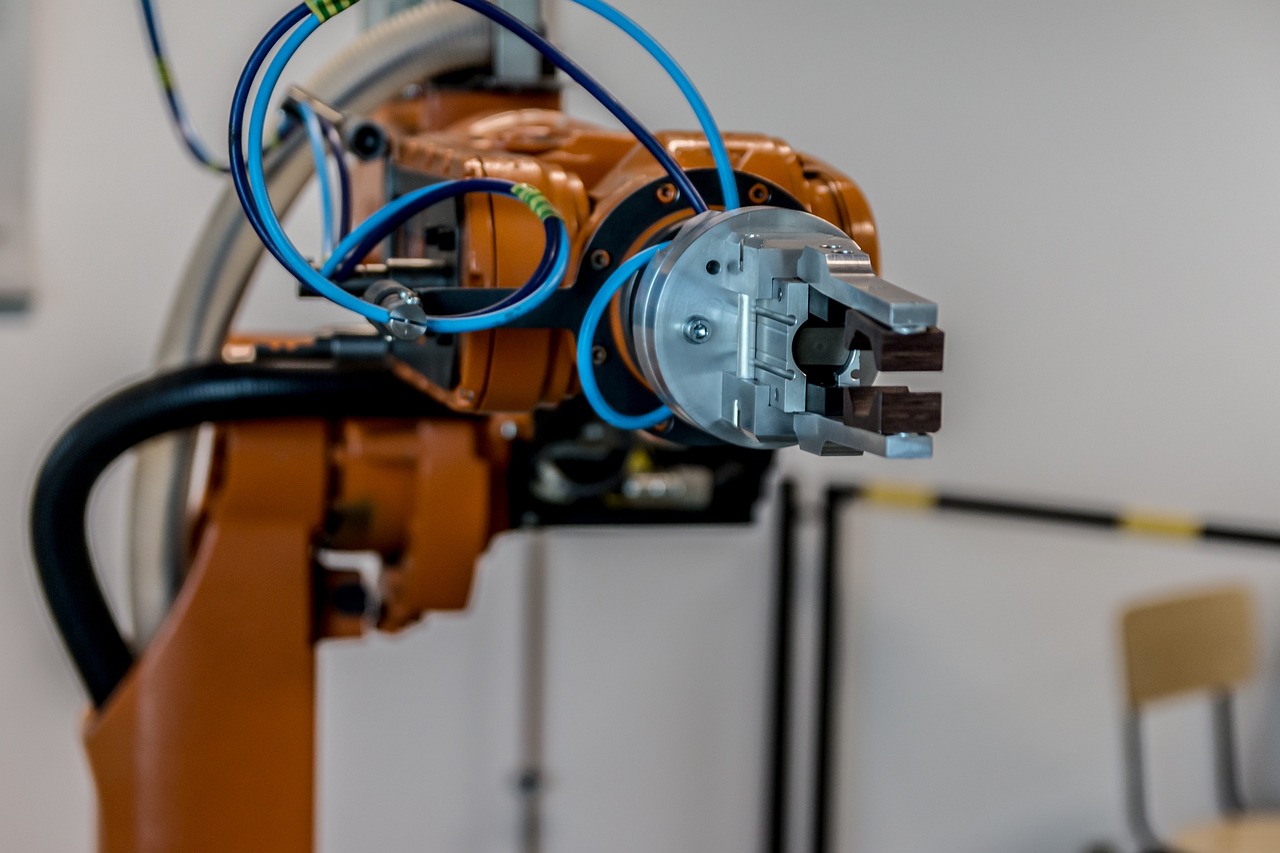Various companies in Germany, such as Hüttenhölscher Maschinenbau GmbH and igm Robotersysteme GmbH, are actively hiring for robot-related positions, signaling a shift towards automation in the workforce. Positions range from robot programmers to technicians, reflecting a growing trend in the integration of robotic systems within industries.

In 2025, tech giants like IBM, Meta, and Microsoft are implementing significant layoffs as they increasingly turn to artificial intelligence to replace traditional white-collar tech jobs. The move to AI-driven systems has resulted in layoffs affecting roles once deemed secure, including software engineers and HR professionals. This shift marks a fundamental change in the tech industry landscape, with implications extending beyond tech workers to impact various sectors and local economies.
Amazon’s recent announcement of cutting over 18,000 jobs, primarily in administrative roles, is the largest layoff in the company’s history. The retailer’s increasing reliance on over 520,000 warehouse robots has raised concerns about the future of human employment within the company. Despite claims that robots have not displaced human workers, Amazon’s history of investing in robotics technology suggests a trajectory towards automation in its operations.
Companies like Amazon, Google, and Salesforce have acknowledged replacing human workers with AI technology, raising alarms about the broader implications for employment. The trend of integrating AI to replace certain job functions is evident in industries ranging from e-commerce to tech, with companies prioritizing automation over human roles.
The consequences of this rapid shift towards automation are far-reaching, impacting not only the workforce but also the very fabric of society. The increasing reliance on AI systems threatens to displace human workers on a massive scale, reshaping entire industries and exacerbating existing inequalities in employment opportunities.
The intent of major corporations to replace human workers with AI technology is clear, driven by a desire for efficiency and cost reduction. The means through which companies like Amazon and Google implement AI-driven systems to replace traditional jobs underscore a deliberate strategy to prioritize automation over human labor. The opportunity to reshape the workforce in favor of AI lies in the hands of these tech giants, who hold the power to dictate the future of employment.
As we stand at the precipice of a new era dominated by AI and automation, the repercussions of these decisions will reverberate throughout society. The rise of robots in the workforce is not just a technological advancement but a fundamental shift in power dynamics, where human labor is increasingly marginalized in favor of efficient, AI-driven systems. The future trajectory points towards a world where the balance between human workers and machines is fundamentally altered, raising critical questions about the role of humanity in the age of automation.

